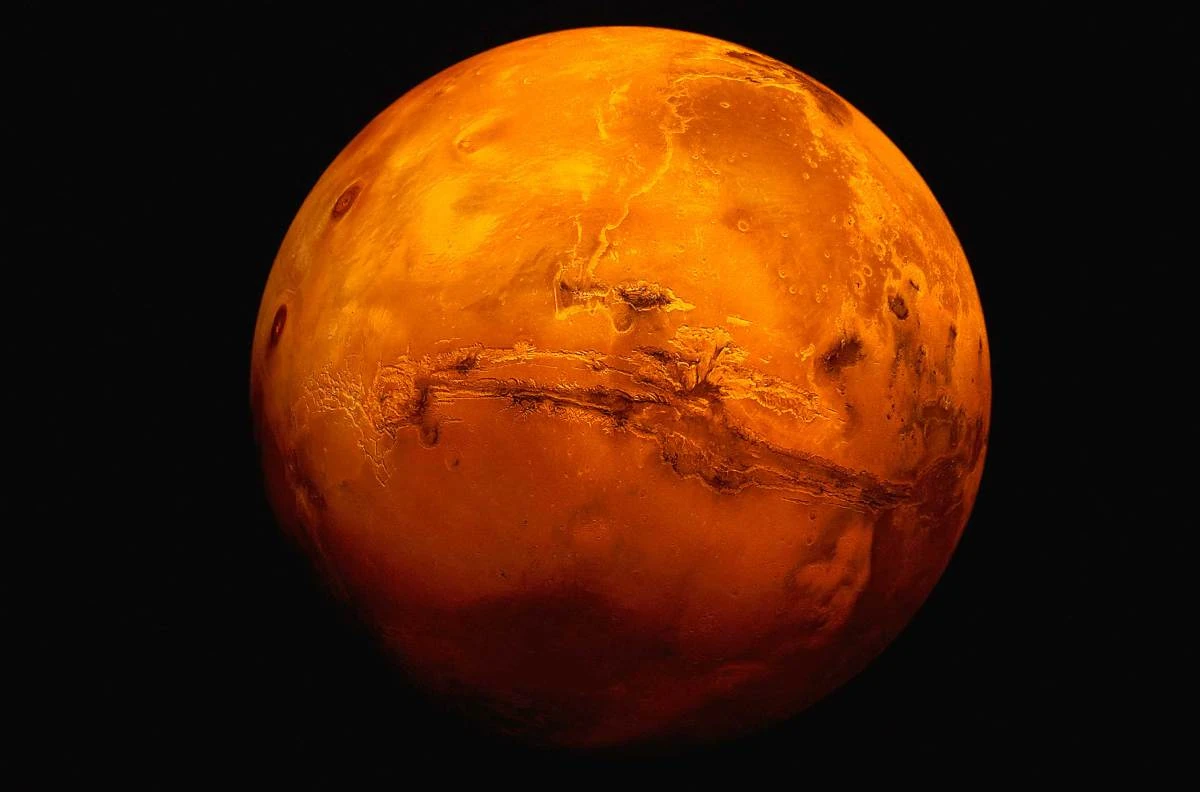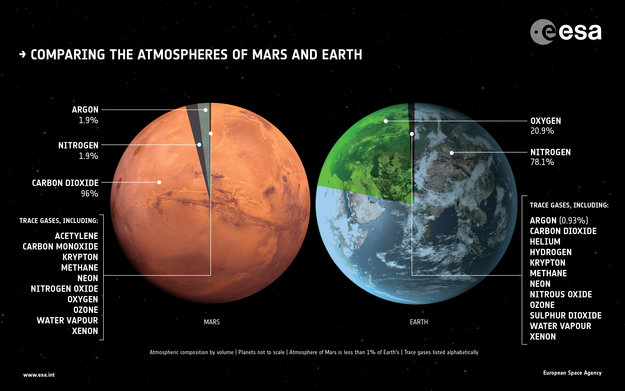The Tesla Of Political Parties
The Garden Of Last Debates (novel)
Deported (novel)
Empty Country (novel)
Trump’s Default: The Mist Of Empire (novel)
Peace For Taiwan Is Possible
Formula For Peace In Ukraine
A 2T Cut
ET Wants To Go Home: Musk Is From Mars
A Hilarious Exposé That NASA Doesn’t Want You to Read
For years now, Elon Musk has insisted he’s not an alien. Which, as we all know, is exactly what an alien would say.
Let’s connect the cosmic dots here:
-
The man founded a rocket company (SpaceX) because commercial airlines wouldn’t fly him home.
-
He sold flamethrowers, obviously in preparation for the Martian winter.
-
He named his child “X Æ A-12,” which is either a spacecraft serial number or the result of a keyboard malfunction during an interplanetary landing.
Ladies and gentlemen, Elon Musk is from Mars. And he wants to go home.
The Rocket Man With a One-Way Ticket
Some say Elon is trying to colonize Mars. But what if… he's just returning? Think about it: he builds rockets not to explore the cosmos but because Uber doesn’t service the red planet yet. NASA thinks he’s innovating. Really, he’s just tired of Earth traffic and our inferior memes.
Exhibit A: His Obsession with Red
Tesla’s most popular color? Red.
SpaceX suits? Accented in red.
Favorite planet? Come on. It’s redder than a communist tomato.
The man’s branding screams “I miss the sunsets on Olympus Mons.”
Exhibit B: The Social Behavior
Ever noticed how Elon sometimes talks like he’s buffering? That’s not awkwardness—that’s interstellar lag. Twitter (now X) was his attempt to communicate back home, but Mars still runs on dial-up and the signal is garbage.
Also, who but a Martian would buy Twitter just to annoy the entire human race and launch Dogecoin into space?
Exhibit C: The Martian Diet
While Earthlings argue about gluten, Elon survives on Diet Coke and stress. No human man can function on this fuel and still tweet at 3am about building underground hyperloops or challenging Mark Zuckerberg to a cage match.
Unless... he’s used to surviving on dehydrated Martian algae.
Exhibit D: Neuralink is a Phone Home Device
They told us Neuralink is to help people walk again. Sweet. Noble. But have you considered the obvious? It's a galactic walkie-talkie. Elon isn’t creating cyborgs—he’s just trying to ring Mom.
"Hi Mom, it's me, Zorb. Earthlings are weird. Also, they put cheese on everything. Please beam me up."
Why the Delay?
You might wonder: if he’s from Mars, why hasn’t he gone home yet? Two reasons:
-
Mars doesn’t have a Starbucks.
-
He lost his original spacecraft after mistaking it for a Tesla Roadster and launching it into deep space.
(We all make mistakes. Some people send an accidental text. Others launch their ride into orbit.)
Final Thoughts
So, next time you hear Elon Musk talk about multi-planetary species, just remember: this isn’t philanthropy. It’s interstellar homesickness.
Elon doesn’t want to save humanity.
He just wants to get back to his Martian condo, kick back with a glass of ionized vapor, and finally relax without hearing about quarterly earnings.
We say: let him go.
Build the rocket.
Fuel the launch.
Name it “Homecoming: The Elon Saga.”
Just one request, Elon—take Jeff Bezos with you.
Disclaimer: This blog post is 100% satire. Probably. Unless it’s not. 👽
Earth To Earth Rocketry + Hyperloop: Earth Before Mars https://t.co/LgvgFP5Urh
— Paramendra Kumar Bhagat (@paramendra) July 8, 2025
A 2T Cut https://t.co/0dstvf4AMe
— Paramendra Kumar Bhagat (@paramendra) July 8, 2025
AI And Robotics Break Capitalism https://t.co/T9UW1sbM0r
— Paramendra Kumar Bhagat (@paramendra) July 8, 2025
4/
— Paramendra Kumar Bhagat (@paramendra) July 8, 2025
Neuralink? Not for medical innovation. It’s his cosmic walkie-talkie.
“Hi Mom, it’s Zorb. Earth is weird. They keep asking me about taxes and Dogecoin. Please beam me up.”@mayemusk @kimbal @ToscaMusk
📡👽
Can Elon Musk’s Party Break America’s Two-Party System? History Says Yes—But It’s a Narrow Window https://t.co/GUGqPvGkcJ
— Paramendra Kumar Bhagat (@paramendra) July 8, 2025
The Tesla Of Political Parties https://t.co/NpochJijnS
— Paramendra Kumar Bhagat (@paramendra) July 8, 2025
11/
— Paramendra Kumar Bhagat (@paramendra) July 8, 2025
Let him go.
Build the rocket.
Name it “Homecoming: The Elon Musk Saga.”
Just one request…
Take Bezos with you.
👽🛸
/end#ElonMusk #Mars #SpaceX #AlienConfirmed #Satire
We stand with Elon Musk
— The America party (@The_Americapart) July 7, 2025
The America Party is coming.
No more fake choices.
No more trillion-dollar betrayals.
Just sanity, sovereignty, and strength — for the 80% in the middle.
This isn't politics.
It's a reset. @elonmusk pic.twitter.com/HGswamgJnv







